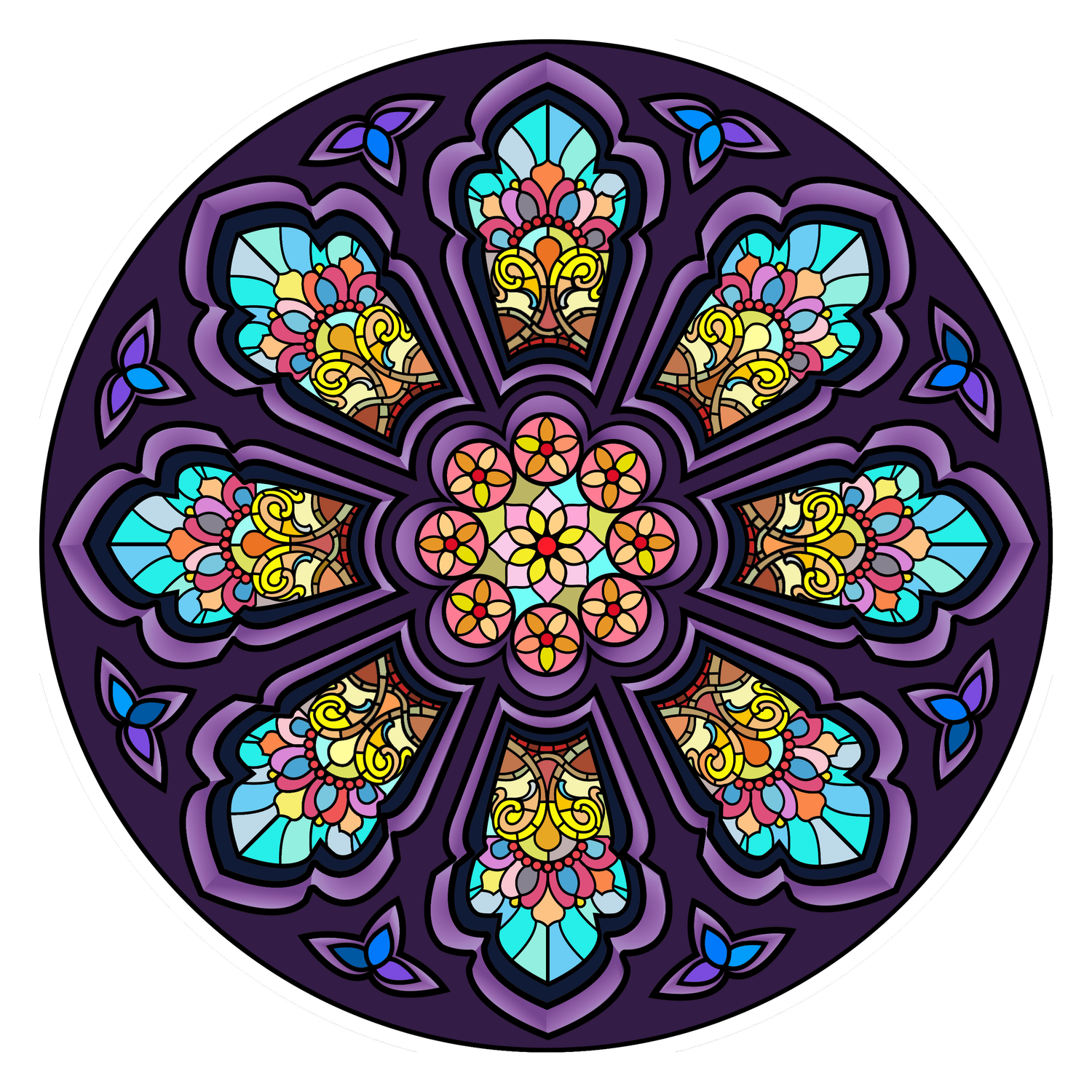What does it mean to be Baptist?
Unlike many Christian denominations, Baptists are not unified through a central governing authority. That means Baptists do not have an equivalent to the pope, and there are no governing authorities over a local church—no bishops, no presbytery, no one directing what we can and can’t do—which can make our life together very messy! This freedom has resulted in many denominations and churches that use the name “Baptist,” which can be confusing because we can be very different from one another. Yet this freedom also liberates individual congregations to form their own identity of faith and do what they want to do. Central Baptist Church of Wayne, PA, is part of American Baptist Churches USA, and we tend to associate with progressive and other liberal-leaning congregations. Despite these differences among Baptists, there are four freedoms that we piece together to create our distinctively Baptist identity.
The Four Fragile Freedoms of the Baptist Tradition
Bible Freedom
The Bible is foundational to us as individuals and as a congregation, and each person has the freedom and right to interpret and apply Scripture. Scriptural reading by all in the congregation is encouraged and is not the sole right or responsibility of clergy. Together we offer wisdom and counsel to one another about interpretations for the past and for today.
At CBC we typically do not follow the lectionary, freeing us to consider scripture that is missed by the lectionary tradition. On occasion we reflect on expanded sections of scripture during worship that offer a fuller narrative and understanding of the text.
Soul Freedom
We are each accountable to God individually without the imposition of creed or the control of clergy or government. This personal experience with God is indispensable to the Christian life and necessary for a vital church. This is sometimes described as the "priesthood of all believers." It also means that we embrace “Believer’s Baptism” for those who of their own free will choose to be baptized and commit to life in Christ. Baptists do not baptize babies into the church; instead, we dedicate children and dedicate ourselves as adults to raising them in a Christian environment.
At CBC you may become a member through profession of faith and baptism, letter of transfer from another congregation, or through Christian experience.
Church Freedom
Baptist churches are free to determine their membership, leadership, beliefs, and practice. This is sometimes known as “autonomy of the local church.” Individual churches choose to work together to achieve goals that one church by itself could not reach. This is sometimes known as the “Associational Principle.”
CBC belongs to the Philadelphia Baptist Association, the oldest continuing community of Baptist congregations in the United States. Today PBA is an interracial and intercultural cosmopolitan body. CBC also belongs to the Association of Welcoming and Affirming Baptists, The National Voice for Lesbian, Gay, Bisexual, Transgender, Queer, and Allied Baptists in the US.
Religious Freedom
Everyone should be able to worship (or not) as they feel led without unnecessary interference by the government. Just as religious freedom involves the freedom to practice religion, it also includes the freedom not to practice religion. If a person cannot say "no" to any religion, one’s "yes" is meaningless. The separation of church and state affords an important constitutional protection of religious freedom for all.
CBC is a supporter of the Baptist Joint Committee, located in Washington, DC, which upholds true religious freedom. Baptists were instrumental in the inclusion of the first amendment of the US Constitution, specifically the clause “Congress shall make no law respecting an establishment of religion, or prohibiting the free exercise thereof.” This was a result of conversations and agreements between John Leland (a Baptist) and James Madison.
Quotes from John Leland:
The Virginia Chronicle (1790):
*A national church takes in the whole nation, and no more; whereas, the Gospel Church, takes in no nation, but those who fear God, and work righteousness in every nation. The notion of a Christian commonwealth, should be exploded forever. (p. 107)
*Government should protect every man in thinking and speaking freely, and see that one does not abuse another. The liberty that I contend for, is more than toleration. The very idea of toleration is despicable; it supposes that some have a pre-eminence above the rest, to grant indulgence; whereas all should be equally free, Jews, Turks [referring to Muslims], Pagans and Christians. (p. 118)
The Government of Christ a Christocracy (1804)
*The fondness of magistrates to foster Christianity has done it more harm than all the persecutions ever did. Persecution, like a lion, tears the saints to death, but leaves Christianity pure: state establishment of religion, like a bear, hugs the saints, but corrupts Christianity, and reduces it to a level with state policy. (p. 278)
Some Resources:
*Walter B. Shurden, The Baptist Identity: Four Fragile Freedoms (Macon, GA: Smyth & Helwys Publishing, Inc., 1993).
*“What Is Religious Liberty?” The Baptist Joint Committee for Religious Liberty.
